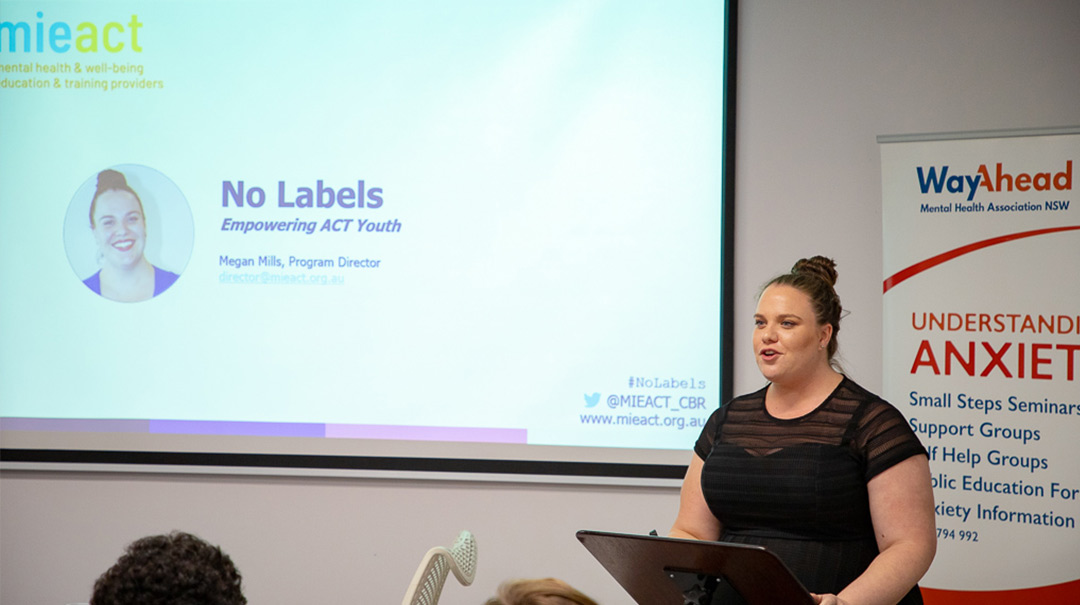MIEACT helping everyone affected by bullying through their innovative program


MIEACT has been working directly with its youth population when designing No Labels. 65% of the students they spoke to during the research and design phase said the current education on bullying was not representative and therefore not helpful for their experience.
Taking a behaviour-centred approach, focusing on three areas: participating, experiencing and witnessing, MIEACT found that mixing discussion with awareness building, and anonymous reporting and assessment created a very honest platform where participants could self-analyse their behaviour and disclose participation in bullying behaviour without fear of judgement or “labels” from their peers. With content and discussion driven directly by participants, 63% of the pilot group stated that the No Labels program represented their experience with bulling.

Since No Labels’ launch in early August, MIEACT has seen positive outcomes, measured by the use of formative assessment tool, Plickers, allowing our facilitators to capture responses and measure the content’s efficacy Live!
Some of the data captured to date reflects:
- There is a high need for support and strategies around bulling to be provided in Schools – 85.5% of students in No Labels sessions across the ACT are concerned about the occurrence of bullying on some level.
- The majority of participants have a great understanding about motivations for bullying, but are initially unable to articulate strategies for responding to or coping with bullying behaviour.
- Self-reported participation in bullying behaviour increased to 75% – an increase of self-awareness sitting at approximately 25% – and an overall average of 75% of participants in each session identifying as having participated in bullying behaviour.
- It has been pleasing to see the impact of honest conversations around bullying behaviour, and strategies to address this behaviour among all behaviour streams: participating, witnessing or experiencing with 84% of students indicating holding an increased confidence in implementing strategies to address bullying as a result of the session.
Back to most recent edition
Newsletter
Stay up to date
Sign up to our Mind Reader newsletter for monthly mental health news, information and updates.